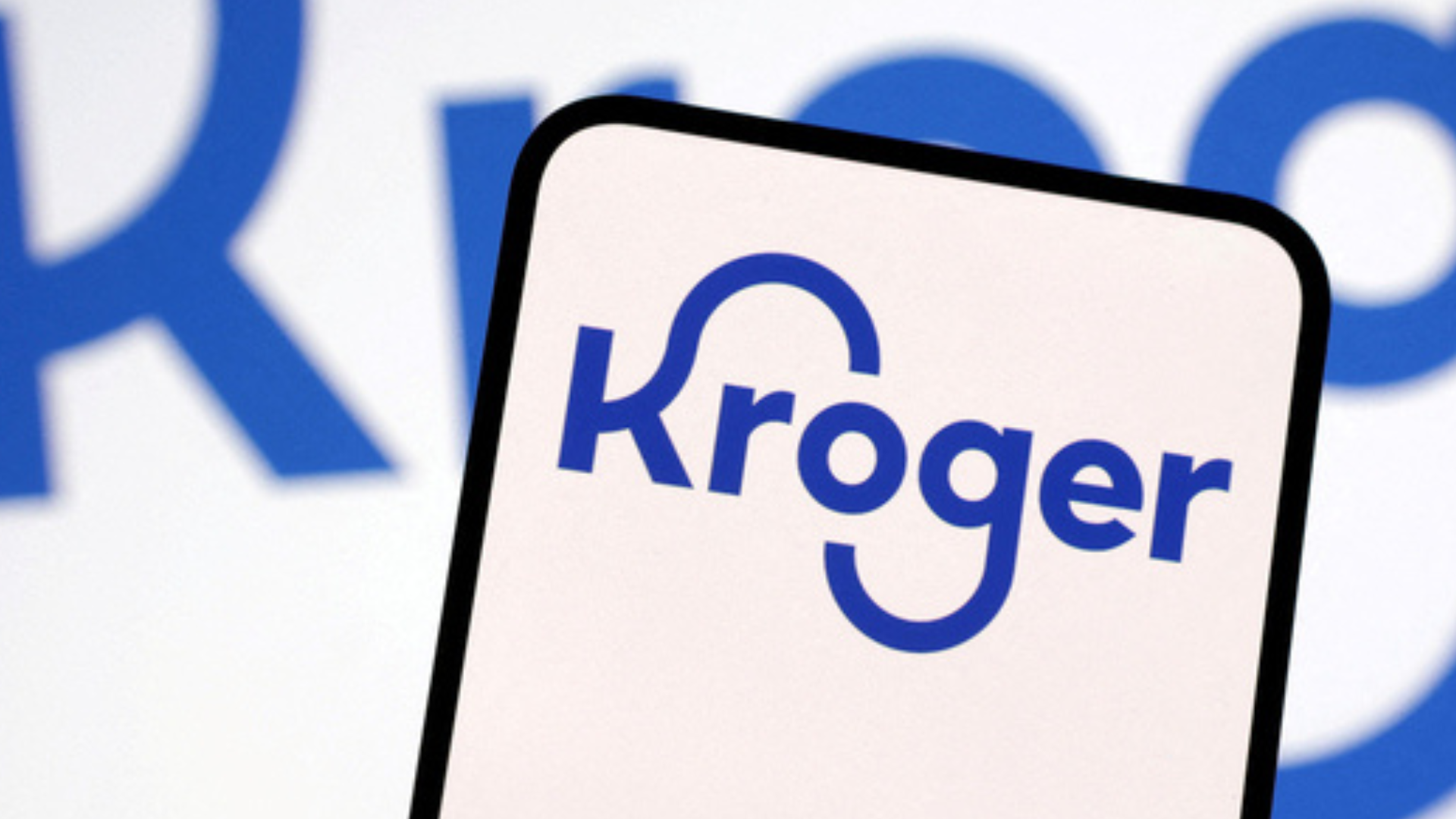A Rift With Orbital Consequences
SpaceX Dragon spacecraft tensions soar as Elon Musk’s feud with President Trump sparks a national space crisis. Musk’s fleeting but severe threat to decommission the SpaceX Dragon spacecraft has revealed how deeply NASA and the Pentagon depend on SpaceX for national space operations. Though Musk later walked back the statement, the warning has sparked concern across government and defense circles.
The Dragon Spacecraft: What Is It?
The SpaceX Dragon spacecraft, sometimes referred to as the SpaceX Dragon capsule or just Dragon, is a vehicle designed to carry personnel and cargo to the International Space Station (ISS). It is now the sole spacecraft of the type manufactured in the United States.
SpaceX began flying astronauts in 2020 after NASA awarded it a contract in 2014. The alternative, Boeing’s Starliner, has faced repeated delays and technical failures. As a result, Dragon has become indispensable to U.S. space logistics.
The Decommissioning Threat
After Trump announced on Truth Social his intention to cancel SpaceX’s government contracts, Musk retaliated by posting that SpaceX would begin decommissioning Dragon. This would have stripped NASA of its only American access to the ISS. Though Musk later reversed the statement, the threat exposed the fragile overreliance on one private contractor.
NASA’s statement offered little clarity, vaguely reaffirming their commitment to “the President’s objectives in space.” SpaceX did not respond to requests for comment.
National Security at Risk
Beyond the ISS, Dragon and other SpaceX platforms are critical to national defense. SpaceX regularly launches top-secret Pentagon payloads, including missile tracking, communication satellites, and reconnaissance tools.
If Musk ever followed through on the decommissioning of Dragon spacecraft, it would paralyze the Defense Department’s ability to move key assets and information in orbit—leaving national security exposed.
Financial Fallout: SpaceX Stock & Government Ties
While SpaceX is a private company, investor sentiment tied to spacex stock (such as in mutual or private equity funds) took a hit after the online feud. High-profile investors like Bill Ackman have previously praised SpaceX’s dominance, but moments like these cast doubts on long-term sustainability.
SpaceX has earned over $20 billion in government contracts, including a $4 billion NASA investment into the Starship moon lander and $6 billion from the Space Force. The company’s critical role leaves federal agencies in a tough spot—too dependent, yet politically vulnerable.
From Allies to Adversaries: The Trump-Musk Breakup
Musk once advised Trump during his first term. Their alliance has since soured. Trump recently pulled the nomination of Jared Isaacman—a Musk-backed billionaire astronaut—for NASA Administrator, allegedly due to his ties with Musk.
Insiders claim this feud has reshaped the White House’s willingness to support private contractors. Budget negotiations once seen as favoring SpaceX are now likely to preserve legacy programs like the Space Launch System (SLS) and Orion capsule, originally set for cancellation.
The Bigger Lesson: Diversify Space Contractors
Space industry experts have long warned against relying so heavily on one company. Competitors like Blue Origin have yet to meet expectations. Musk’s dominance—evident in the frequency of Falcon 9 launches and exclusive access to high-level missions—has now become a national liability.
Without more players in the field, the U.S. remains at risk of further disruptions if political or personal tensions resurface.
Conclusion
The temporary threat to the Dragon spacecraft has been withdrawn, but the message is clear: SpaceX’s monopoly in human spaceflight is a risk. NASA, the Pentagon, and national security must move toward diversified and stable space partnerships. The future of American space supremacy may depend on it.
Source: The Washington post





